How to Prepare Indian Economy for IAS Exam ?
Civil service aspirants may find it as a cumbersome task to study the Indian Economy. When it comes to IAS Exam It is not because the subject is tough, but you are not clear with the concepts. First and foremost, students must make clear about the facts and link it with the current events. For example, inflation occurred link your theory with analytical knowledge, like how it is going to affect Indian Economy, what will be the impacts, etc. UPSC hardly asks direct questions from the economy while you can expect analytical questions.
Once you are clear with the facts you have half won the battle. Some are misguided that the economy deals with money. The real fact is that apart from money there are a lot of other things covering it. So I suggest you read the Indian Economy not only as a civil service aspirant but also as an inevitable subject in daily life.
Weightage of Questions
From 2011 onwards 10 to 20 questions were asked on an average. So it is not advisable to give less importance to this subject. Moreover, this will play a vital role in clearing prelims.
Also read: How to study geography for IAS prelims in 3 months?
Books to Read
Rather like other subjects, unfortunately, we cannot guarantee a specific book to read. But you should read textbooks to make concepts clear.
- Indian Economy by Ramesh Singh: it is a must-read book. This covers almost all aspects of Economy. It will be useful for prelims. Read from the latest edition [7th edition]. Apart from it will be helpful for mains also.
- Indian economic development-class 11
- Principles of macroeconomics-Class 12
- Principles of microeconomics-class 12
These NCERT texts are beneficial for beginners (NCERT is sufficient for SSC CGL and other competitive exams). These books will enable to clear basic concepts. Those who have a base, they can directly read Indian Economy by Ramesh Singh
- Economic Survey: it is highly advantageous for both prelims and mains point of view.
- Referring current year budget is recommendable especially for Prelims.
- Reading Economy portions from India year Book is also important for both Prelims and Mains.
- Indian Economy since independence by Uma Kapila. It can be used as a reference book.
- Indian Economy by Dutt and Sundaram: I suggest you read some specific topics from this book for mains. Refer Syllabus for this.
- Indian Economy by Sanjeev Varma: You can either use the Indian Economy by Ramesh Singh or Indian Economy by Sanjeev Varma for both Prelims and mains. We recommend Indian Economy by Ramesh Singh. You need to follow only one, not both.
Also read: How to read ‘The Hindu’newspaper for IAS Exam preparation?
Apart from these books, have a thorough reading of various newspapers and economic magazines. For that, you can refer Economic and Political Weekly popularly known as EPW. Reading various newspapers helps you to be in touch with varying aspects of macroeconomics. Aspirants must include ‘’The Economic Times’’ or ‘business standard ‘ newspaper as a part of your preparation.
Steps for Studying Indian Economy
For studying the Indian Economy, I suggest you follow a RAM approach. The study strategy can be broadly classified into two;
- Reading the UPSC Books [R] – Reading the books, in fact, helps to make clear with the concepts. Furthermore, this will make you familiar with various economic terms. Don’t mug up from the books. UPSC tests your analytical knowledge, not your memory power. Read books religiously and make sure that you understand the facts.
- Application of concepts [A] – Once you are clear with the concepts next step is the application of it. For example, you cannot expect a question what is GDP? Rather you can expect how GDP is related to growth rate or what impact in has on the Indian Economy? Here, it is essential for you to clear the concept of GDP. This you can get from the books only. If you have clarity about GDP you can easily tackle the questions relating to it.
- Mains approach [M]- Link your logical ability to current economic issues. For instance, nowadays we are hearing a lot about the GST bill. You can expect questions in relation to its impact on the Indian Economy or critical analysis etc. These current issues can be triggered from newspapers and magazines only.
All these three steps are interlinked and any of these steps cannot be ignored also.
Also read: How to study Indian Polity for IAS Exam?
Conclusion
Studying of Indian economy will be more interesting and easy if you follow the correct strategy. Remember the fact that UPSC triggers factual questions so understanding of the concepts followed by its application guides you to the correct answer.
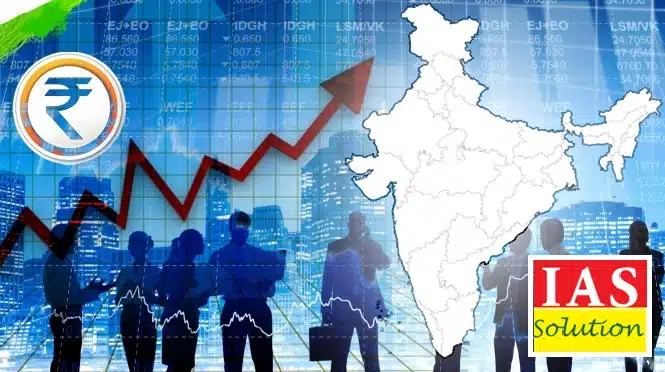


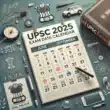
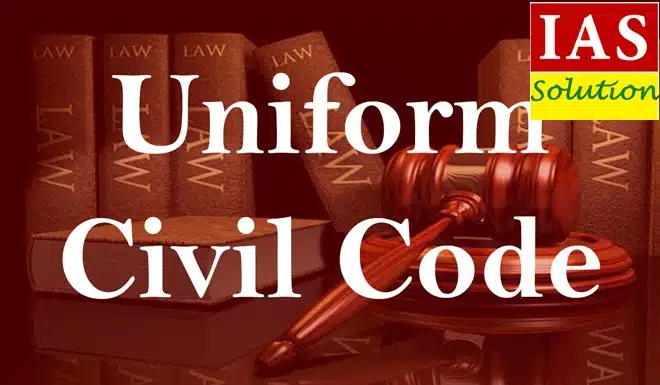
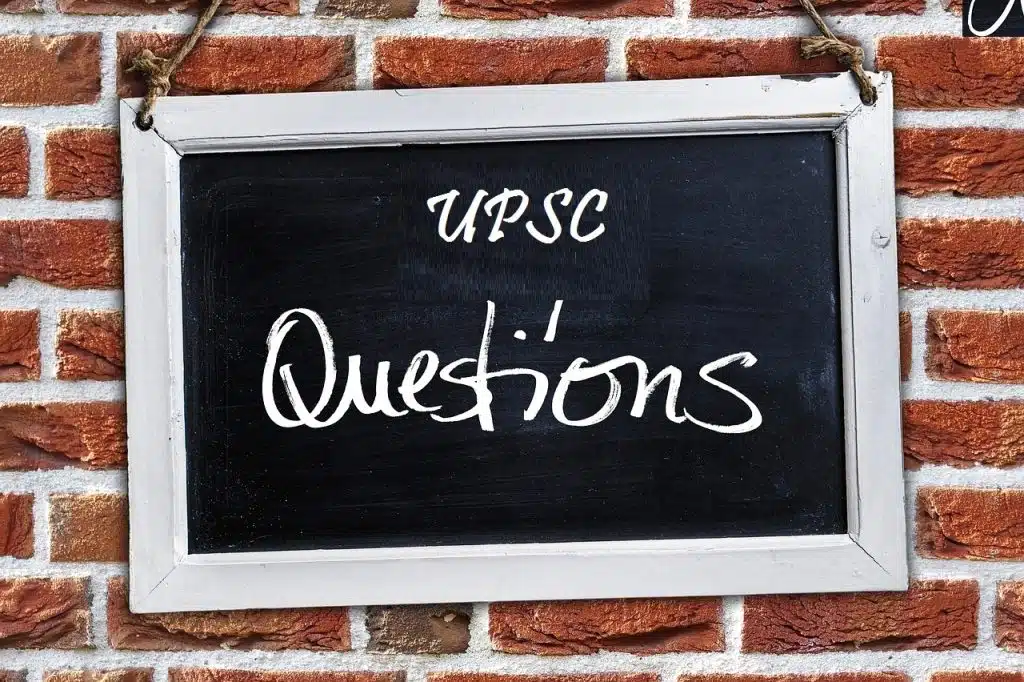
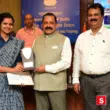
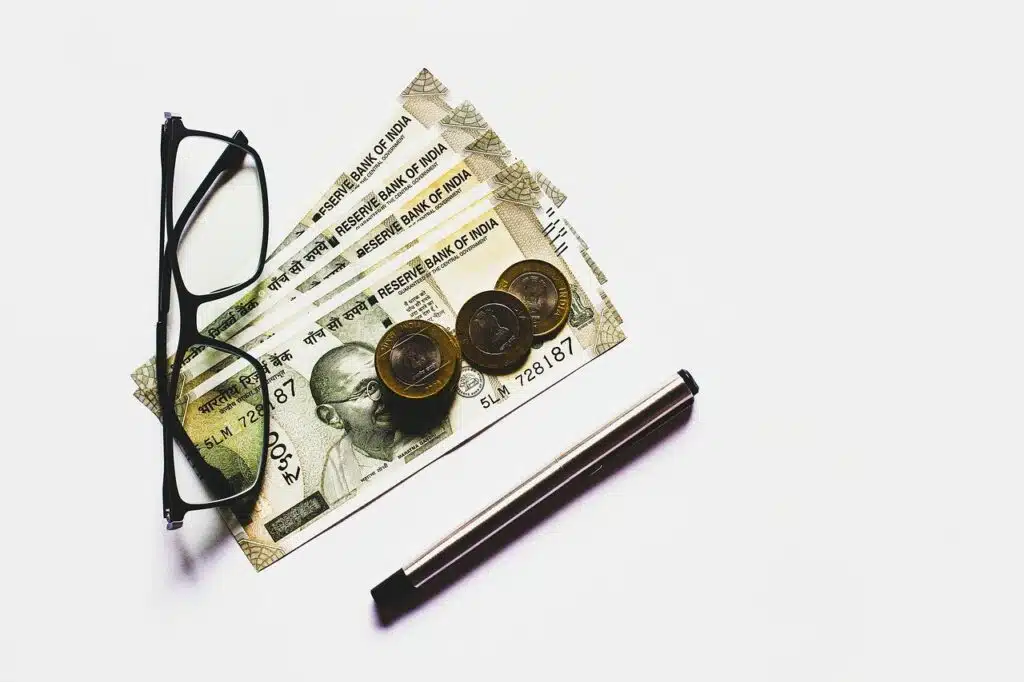

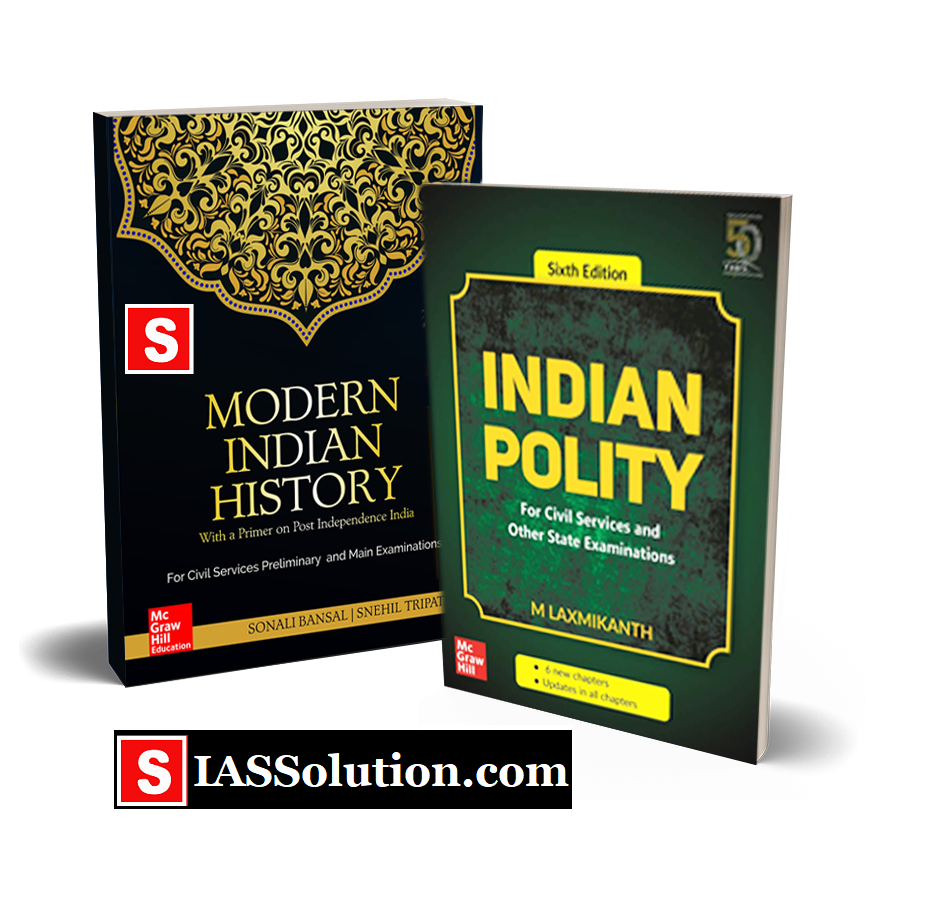
Leave a Reply